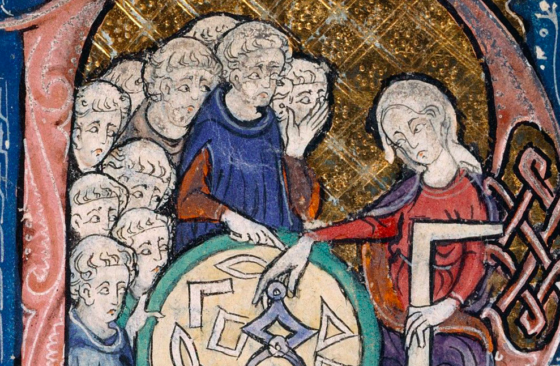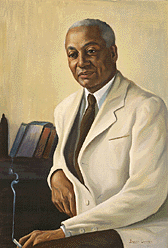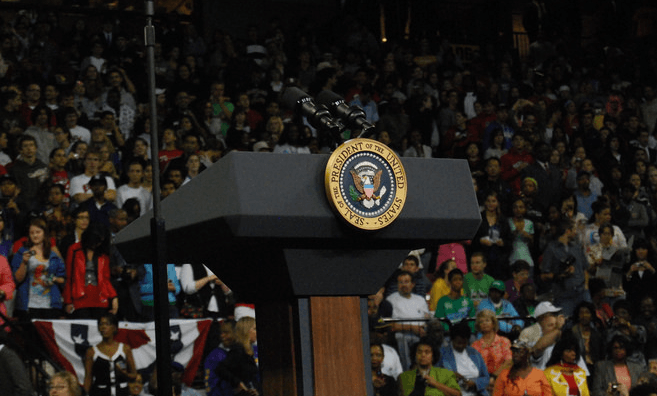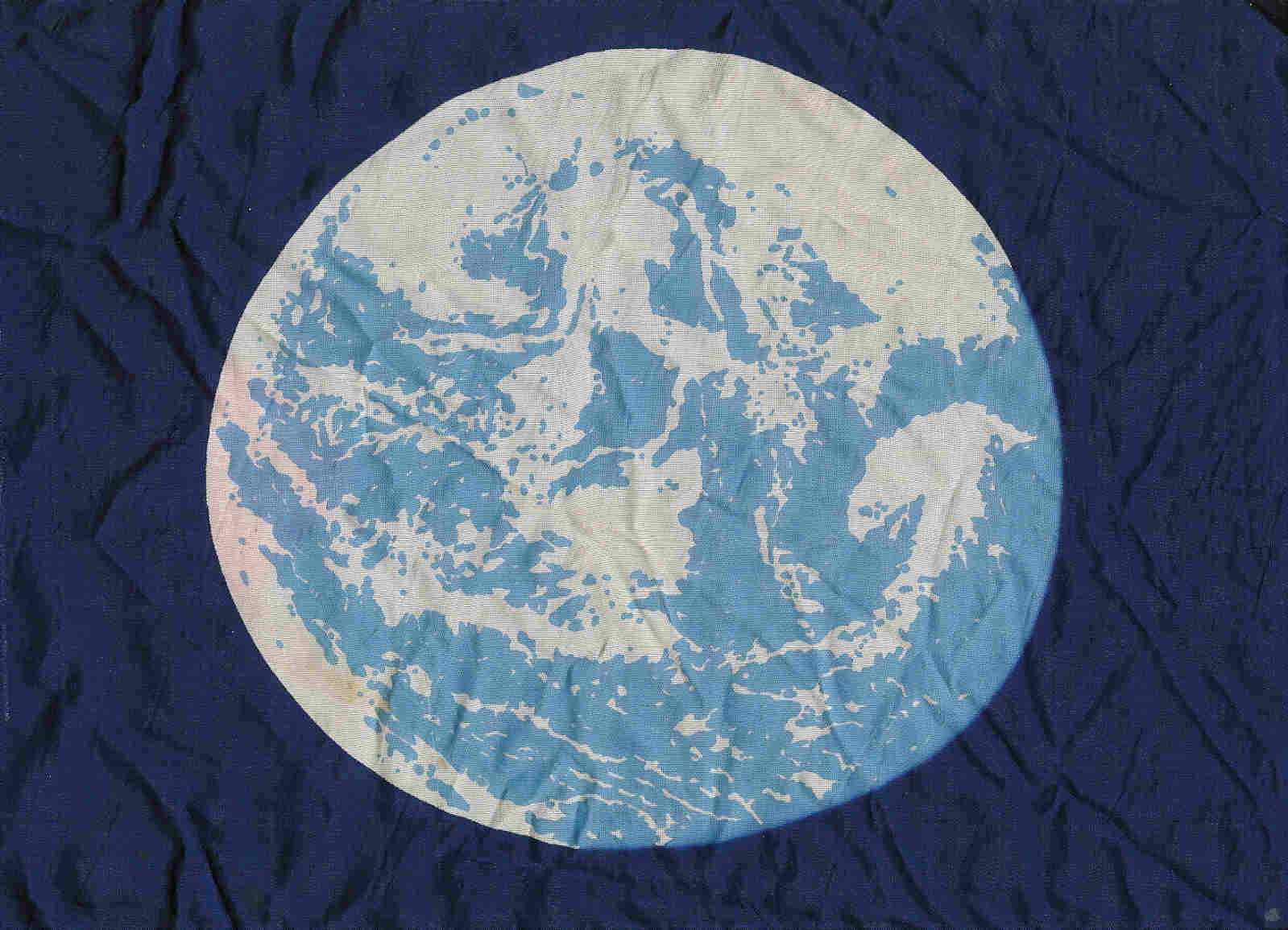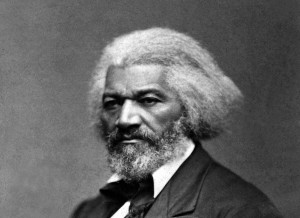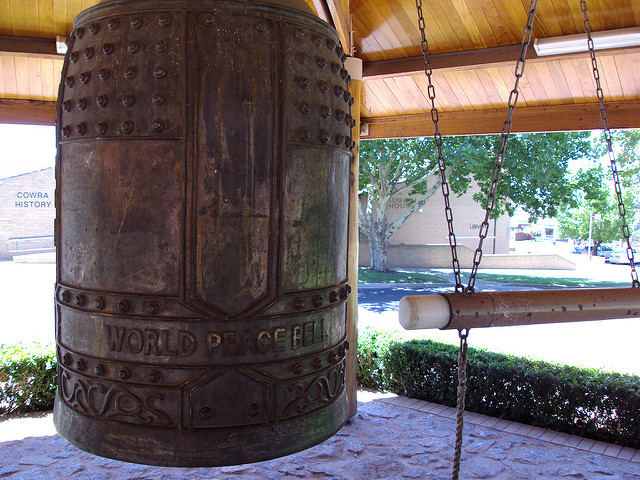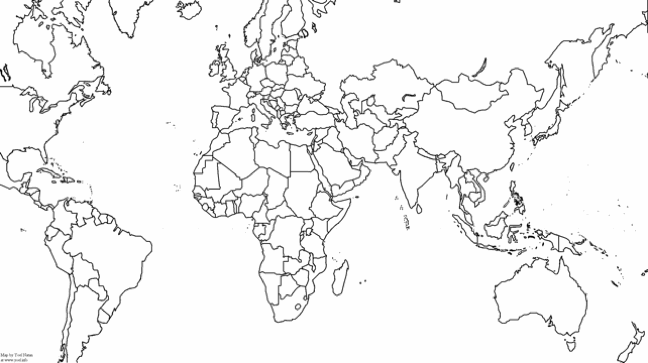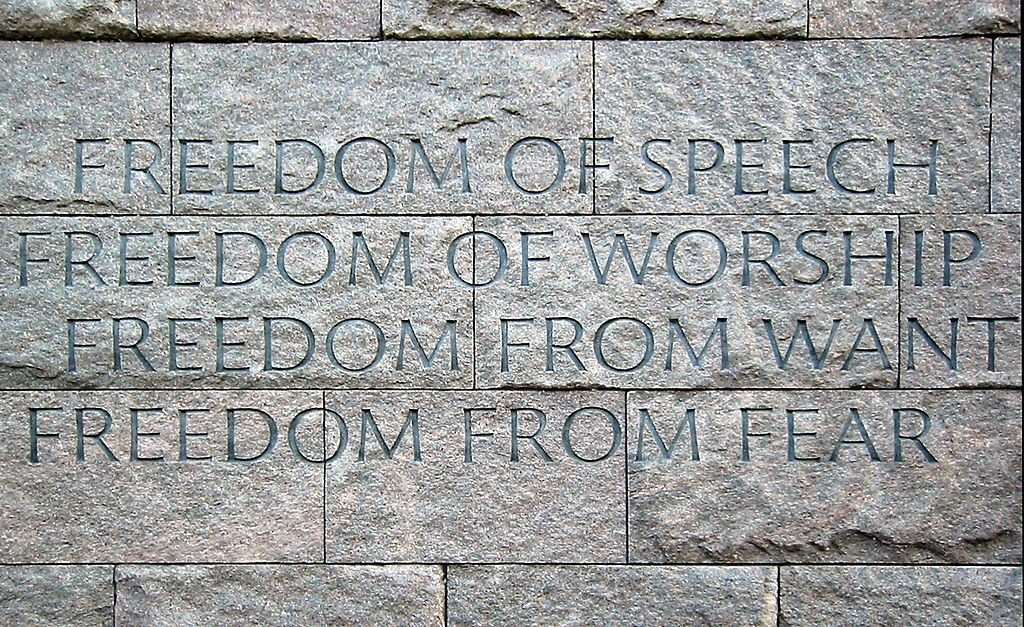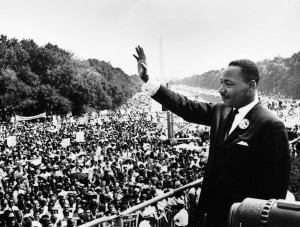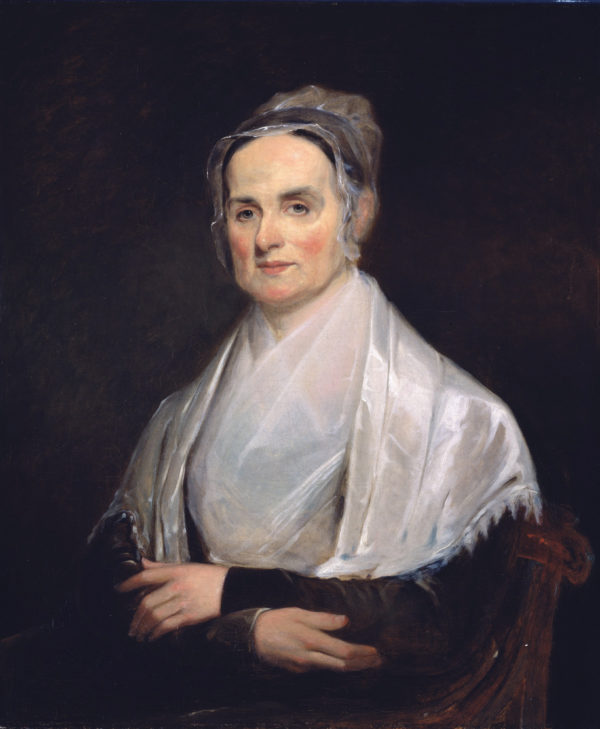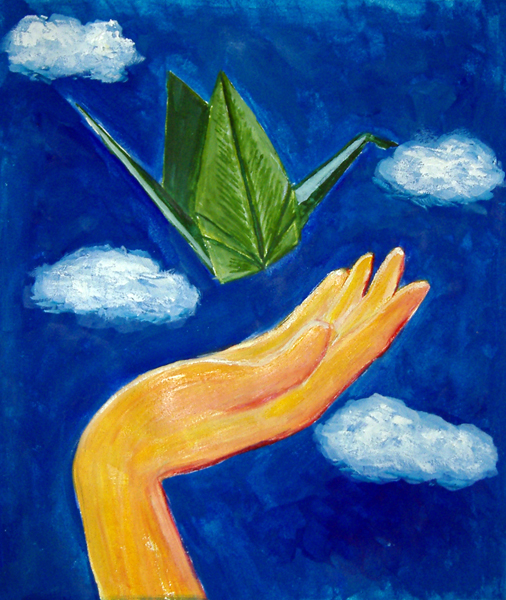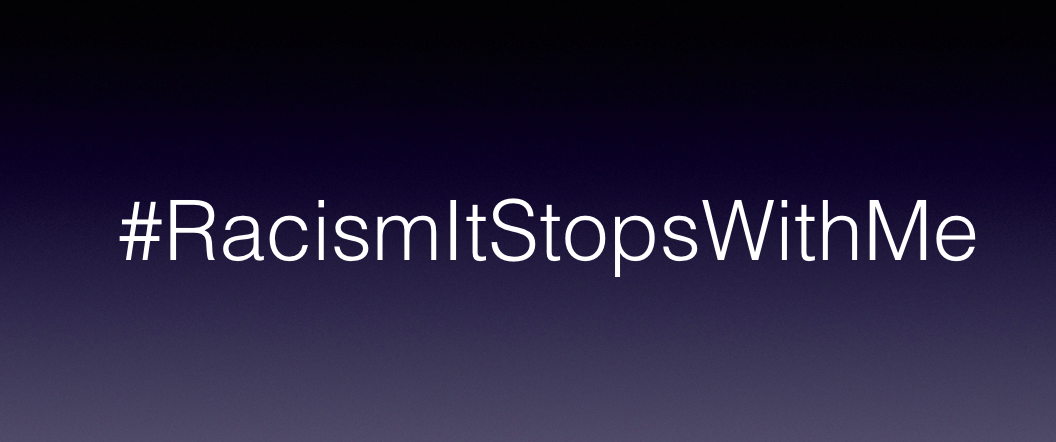-
Under One Sun
“ …We come from one ancestor, Just one forefather, And one Earth Mother, Under one sun ...” Source: ABC Radio National: The Baha’i soul of Australian singer Shameem Under One Sun features on Shameem’s album titled The Second City
-
The Opposite of Hate
There is a lot of hate about these days. And people debate what the opposite of hate may be. One thing’s for sure. Hate is not the opposite of hate. We see it every night in the “news”. More hate. Once, people at least pretended to need a cause to kill. Now, for some, sheer hatred seems to be enough justification to kill and crow about it. Those who do so condemn themselves by their actions. I don’t need to use the word, for everyone to know what I’m talking about. Terrorism. It’s the new abnormal. And the acts of terror driven by hatred have a purpose. Their purpose is…
-
World in Union
“There’s a dream, I feel So rare, so real All the world in union The world as one. Gathering together One mind, one heart Every creed, every color Once joined, never apart …” The are lyrics from one of the most beautiful anthems to human unity ever written. It is the anthem of the Rugby Union World Cup. Perhaps this shouldn’t be too surprising given the long association between sport and international friendship. The lyrics of the World in Union were written by 1991 by Charlie Skarbek at the request of International Rugby Board. The melody comes from Thaxted, part of the Jupiter theme of Gustav Holst’s The planets. The…
-
Alain Locke on Identity and Human Rights
Of Alain Locke, Martin Luther King Jr. said: “We’re going to let our children know that the only philosophers that lived were not Plato and Aristotle, but W. E. B. Du Bois and Alain Locke came through the universe.” In this article we explore an idea in the work of Alain Locke – the idea that identity and oppression are related to each other. That the pathway to emancipation is through re-imagining our identity. Early on he explored these themes in the introduction he wrote to his 1925 anthology titled “The New Negro“. The tribute above, particularly from Martin Luther King, calls for greater attention to Alain Locke’s philosophy and…
-
Elysium – The Future of Human Rights is Now
Like Gattaca, the movie Elysium paints a picture of a dystopian future. Both movies explore questions of human rights and exclusion. That’s pretty much where the similarities end. Elysium’s Social Justice Message Elysium is unashamedly a sci-fi action flick in mainstream Hollywood tradition. It’s heroes and villians ride in guns blazing. If that’s your thing, then you’ll enjoy the ride. If not, underneath the hero myth, it’s a movie with a serious message. It deals with economic and social extremes in our world today. The future is just a mirror to help us see the present more clearly. In that sense, its science fiction doing what science fiction does…
-
The Universal Declaration of Human Rights: insights from its first draft
Until recent years it was hard to find good information on the origin of human rights. This was particularly true about the creation of the Universal Declaration of Human Rights. The fiftieth anniversary of the Declaration in 1998 began to change that picture as scholars began to turn their attention to the history of human rights. Among the books that have been written since, are Mary Ann Glendon’s book, A World Made New, and Johannes Morsink’s book The Universal Declaration of Human Rights Origins, Drafting & Intent. Both works tell the story of the how the Universal Declaration of Human Rights was created. Glendon’s book also happens to be one…
-
Lucretia Mott – Campaigner for Abolition, Advocate of Women’s Rights, Quaker Visionary
Lucretia Mott was born in 1793 and much of her long life was devoted to working for the abolition of slavery and the emancipation of women. Her life and work, is among those, which have shaped the world in which we live. The significance of her contribution was recognised in when in 1923, when Alice Paul first introduced the equal rights amendment to the US Congress calling it ‘the Lucretia Mott amendment’. The amendment, which has still not been adopted into the U.S. Constitution, states in its first draft article: Equality of rights under the law shall not be denied or abridged by the United States or by any state…
-
Leo’s Letter, the Atomic Bomb and Sadako’s Cranes
The following short story “Leo’s Letter” is written as a “fairytale” about the dropping of the atomic bomb. Although it is fictional, it is closely based on history. “Leo” is Leo Szilard, one of the founders of the Manhattan Project that created the first atomic bomb. Albert is, of course, Albert Einstein. Edward is Edward Teller, a scientist involved in the project. The President is first, President Franklin Roosevelt, and then, President Harry. S. Truman. Robert is Robert Oppenheimer. The doctor is Dr. Hiroshi Sawachika. Sadako is Sadako Sasaki, a girl who eventually succumbed to radiation poisoning after the dropping of the bomb over Hiroshima. Minimal ‘artistic’ licence has been…
-
What does it mean to be human?
The Prem Rawat Foundation asks this question in its video release to mark the 2014 International Day of Peace. It’s just there in the flow of the narrative. What does it mean to be human? Sometimes, the questions we ask, are the most significant thing. Some questions create new realities. They lead to discoveries we didn’t imagine before. So, what does it mean to be human? If we look back into the history of human rights, we find similar transformative questions asked which opened a new future. For example, what does it mean to be a woman? was a question repeatedly asked throughout the struggle to achieve gender equality. In the…



